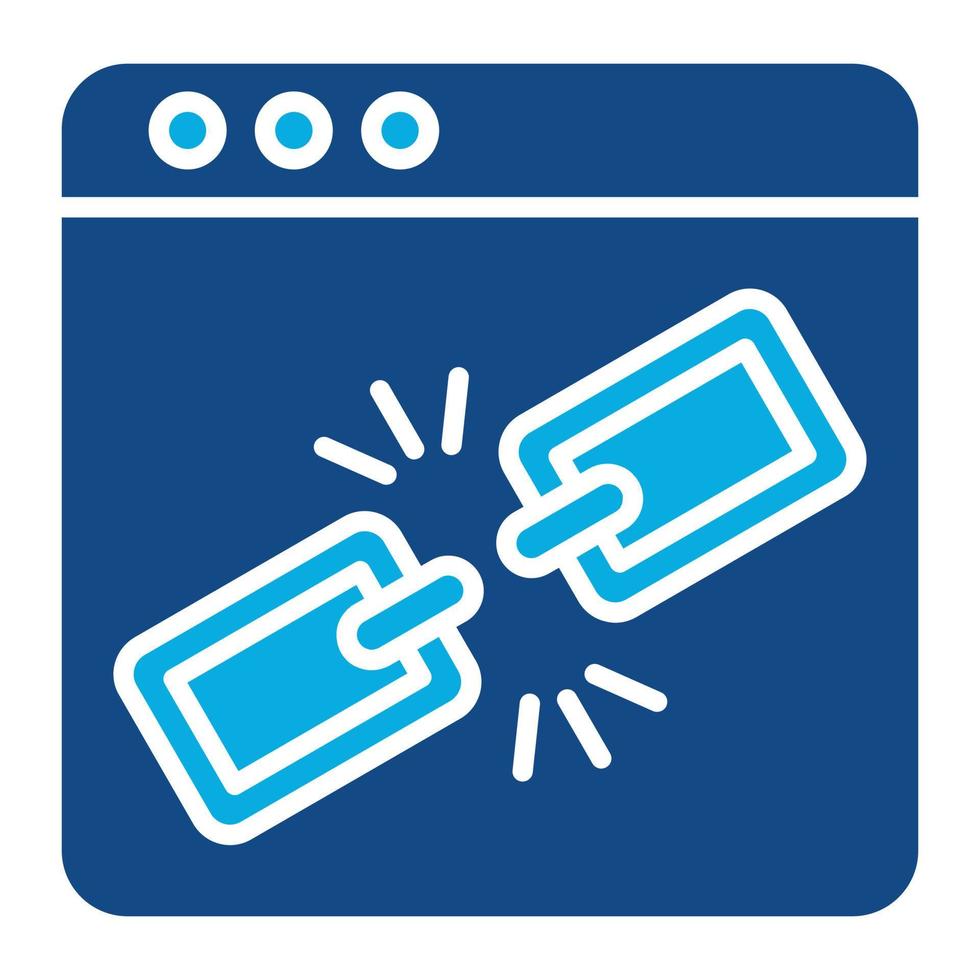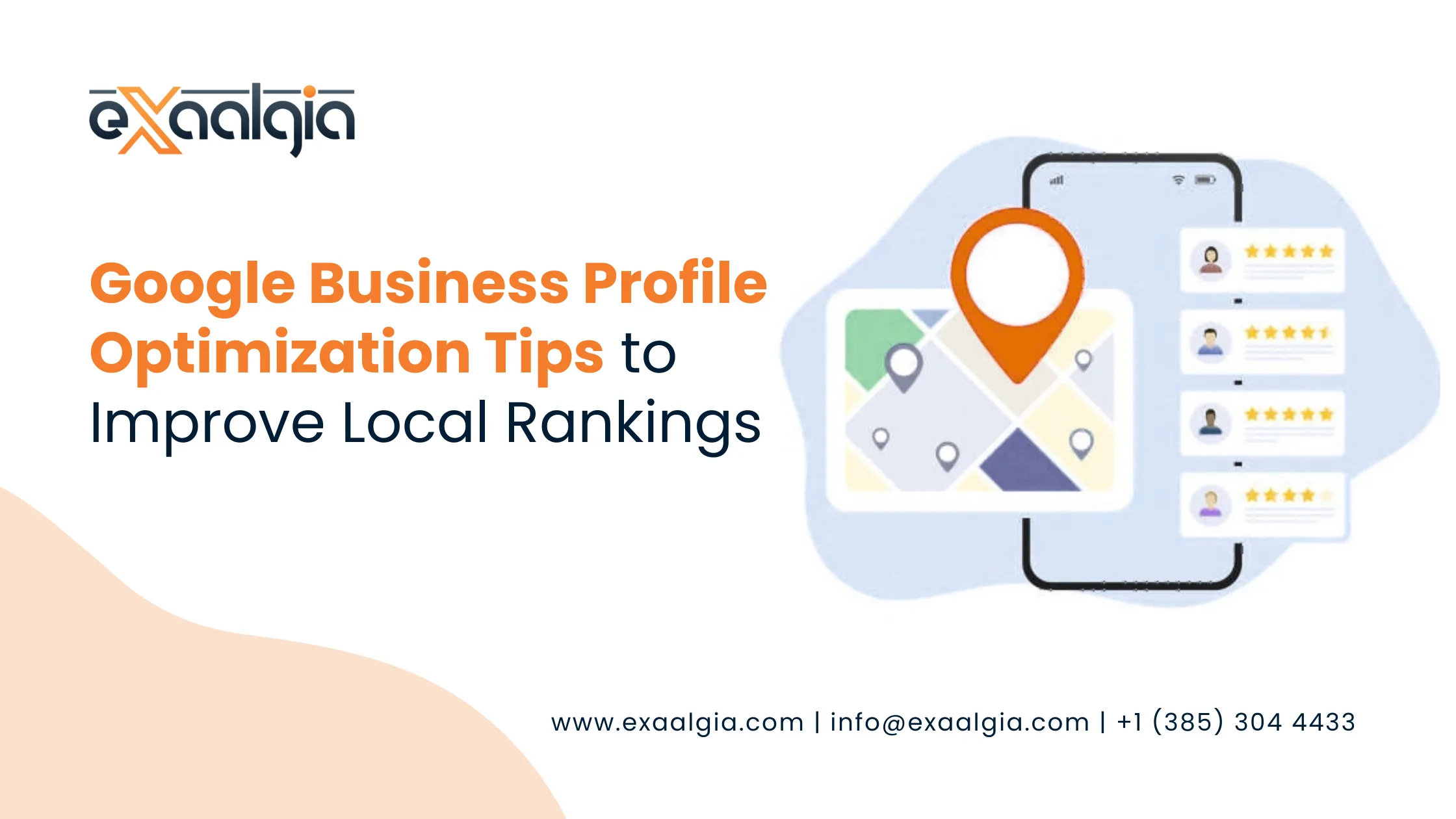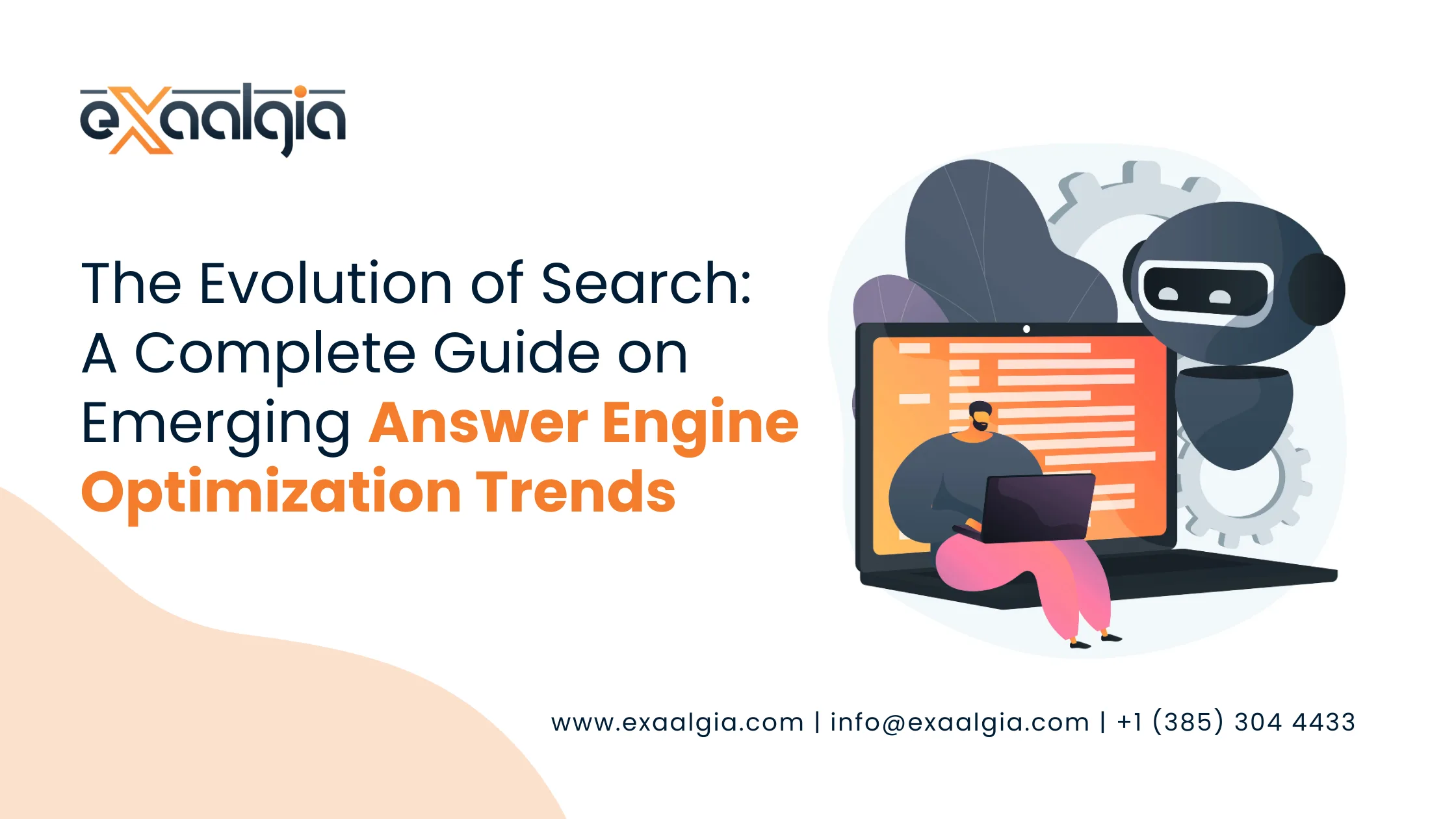In this guide, we’ll explain what orphan pages are, why they matter, how to find them, and practical steps to fix them, all while offering tips to prevent them moving forward. Our aim is to help you strengthen your website’s performance with clear, actionable advice.
What Are Orphan Pages?
Orphan pages are webpages that exist on your site but aren’t linked to from any other page. Without these internal connections, they’re like hidden rooms in a house—hard for visitors or search engines to find. Google and other search engines rely on internal links to crawl and index your content, so orphan pages often get left out of search results. For example, a landing page created for a short-term campaign on Instagram might stay on your site after the campaign ends, unlinked and forgotten.
These pages can appear for various reasons. Maybe you launched a new blog post but forgot to link it from your homepage. Or perhaps an old product page got lost during a site redesign. Whatever the cause, orphan pages can weaken your site’s overall SEO, making it essential to address them, especially for businesses working with a digital marketing agency USA to maximize their online presence.
Why Orphan Pages Hurt Your SEO
Orphan pages can quietly sabotage your website’s performance. Here’s why they’re a problem:
- Tough for Search Engines to Crawl: Without internal links, search engines may not find or index these pages, leaving them out of search results.
- Lost Traffic Potential: If an orphan page has valuable content, like a detailed guide or product description, it’s not driving traffic or supporting your SEO services USA efforts.
- Weaker User Experience: Visitors can’t easily access these pages, which might lead to higher bounce rates or less time spent on your site.
- Scattered Site Authority: Orphan pages can dilute your site’s link equity—the authority passed through internal links—making your site less powerful overall.
For businesses investing in expert SEO services, fixing orphan pages is a must to ensure every page contributes to your site’s rankings and user engagement. Ignoring them can undermine even the best optimization plans.
How to Find Orphan Pages
Tracking down orphan pages requires a mix of tools and hands-on effort. Here are the best ways to identify them:
1. Use SEO Tools
Tools like Semrush make it easy to audit your website. They crawl your site like a search engine and highlight pages without incoming internal links. For example, Screaming Frog’s “Orphaned Pages” report can show you exactly which URLs are disconnected. These tools save time and give you a clear starting point.
2. Check Google Analytics
Google Analytics can point you to pages with little to no traffic, which is often a sign they’re orphaned. Look at your behavior reports to find low-traffic pages, then check if they’re linked from other parts of your site. If not, they’re likely orphans.
3. Review Your Sitemap
Your XML sitemap lists all the pages you want search engines to crawl. Compare this list to the pages linked in your navigation, footer, or content. If a page is in your sitemap but has no internal links, it’s probably an orphan.
4. Do a Manual Review
For smaller sites, manually checking your pages can work well. Look for old blog posts, outdated product pages, or campaign-specific content, like a landing page for a LinkedIn ad. This approach is especially useful if you’re working with a digital marketing agency in the USA to ensure nothing gets missed.
How to Fix Orphan Pages
Once you’ve identified orphan pages, you can either bring them back into your site’s structure or remove them if they’re no longer relevant. Here’s how to tackle them:
1. Add Internal Links
The simplest fix is to link to the orphan page from other relevant pages. For example, if you have an orphaned blog post about content marketing, link to it from a new post about social media strategies. Make sure the links fit naturally—forced links can confuse users and look suspicious to search engines.
2. Update Your Navigation
If the orphan page has valuable, long-term content, consider adding it to your site’s navigation, footer, or sidebar. For instance, an orphaned product page could be added to your main menu to drive more clicks and sales.
3. Redirect or Delete Old Pages
If a page is outdated, like an old promotional page for a Facebook campaign, redirect it to a more relevant page using a 301 redirect. This keeps users and search engines from hitting dead ends. If the page has no value, delete it and update your sitemap to avoid 404 errors.
4. Optimize Before Linking
Before linking to an orphan page, make sure its content is fresh. Update the text, keywords, and meta tags to align with your SEO services goals. This ensures the page is ready to perform once it’s reconnected.
5. Build Content Clusters
Group related content together to naturally include orphan pages. For example, an orphaned page about “SEO basics” could be linked from a new post about “advanced SEO techniques” or included in a resource hub. This strengthens your site’s authority on key topics while fixing the orphan issue.
The Role of Professional SEO Support
Fixing orphan pages can be time-consuming, especially for large websites. That’s where expert SEO services like those from Exaalgia come in. They can run detailed audits, pinpoint orphan pages, and implement fixes that fit your broader digital marketing goals. With their expertise and tools, they ensure your site is fully optimized, letting you focus on creating great content and connecting with your audience.
Preventing Orphan Pages in the Future
Stopping orphan pages before they happen is the best approach. Here’s how to keep your site connected:
- Plan Your Content Structure: Before publishing a new page, think about how it fits into your site. Make sure it’s linked from at least one other page, like a blog post or category page.
- Run Regular Audits: Schedule site audits every few months to catch orphan pages early. Tools like Semrush can streamline this process.
- Use Your CMS Smartly: Platforms like WordPress often have features to track internal links and flag potential orphans.
- Train Your Team: Make sure your content or marketing team knows the importance of internal linking to keep your site cohesive.
By making these practices part of your routine, you can avoid the headaches of orphan pages.
FAQs About Orphan Pages
What is an orphan page in SEO?
An orphan page is a webpage with no internal links from other pages on your site, making it hard for search engines and users to find.
How do orphan pages affect my rankings?
They reduce crawlability, miss traffic opportunities, and weaken user experience, which can hurt your site’s SEO performance.
How can I find orphan pages?
Use tools like Semrush or Screaming Frog, check Google Analytics for low-traffic pages, or manually review your sitemap and content.
Should I delete orphan pages?
If the page has useful content, link it to your site’s structure. If it’s outdated, redirect it or delete it with a 301 redirect to avoid errors.
Can a digital marketing agency help with orphan pages?
Yes, a digital marketing agency USA like Exaalgia can audit your site and fix orphan pages to boost your SEO.
Conclusion
Orphan pages might seem like a minor issue, but they can quietly hurt your website’s SEO and user experience. By finding and fixing these pages, you can improve your site’s visibility, strengthen its authority, and give visitors a better experience.
Whether you’re managing a small blog or a large e-commerce site, addressing orphan pages is a must. If you need support, expert SEO services from providers like Exaalgia can make the process easier, ensuring your site is fully optimized. Start auditing your site today, fix those orphan pages, and take your online presence to the next level.







